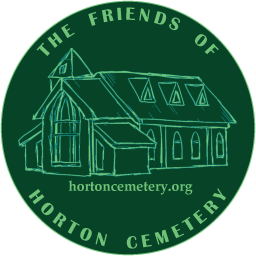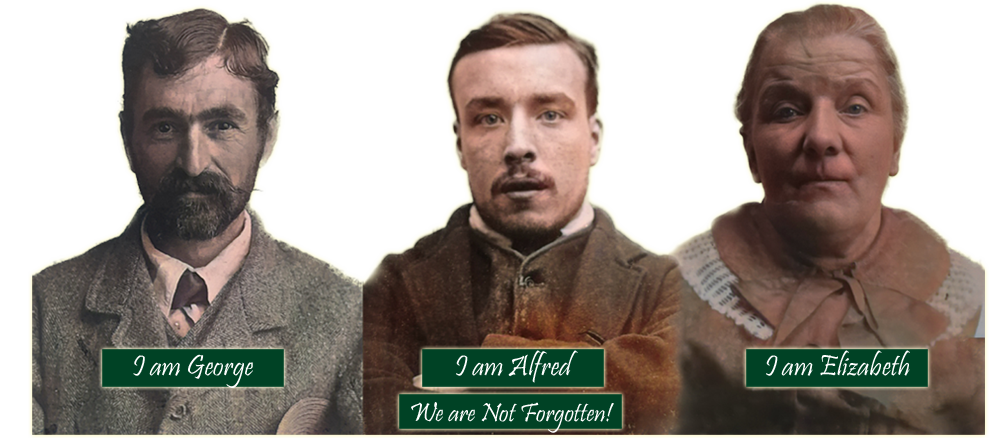b.1880-d.1910
1880s
His birth was registered in the December quarter of 1880 in Camberwell. He was the eldest child of William George Pape, an ironmonger, who had a business at 85 High Street, Camberwell, and Matilda Caroline Crozier, who was the daughter of a Lambeth shoemaker. They had married at St John the Evangelist Church in Lambeth on 30th November 1879.
I have been unable to locate a record of baptism for him but he is recorded in the April 1881 Census living with his parents who were aged 33 and 25 at 85 High Street, Camberwell, where his father is running his ironmonger’s business. He is recorded as being an “infant”.
On 18th April 1889, his brother Henry Jonathan is born in Battersea. Like William, I can find no record of a baptism. They could have been non conformists and that might be why they cannot be traced.
1890s
By April 1891, the Pape family is living at 30 Battersea Park Road, which from Booths maps appears to be a good earnings or middle-class area, and this is supported by the family indicating they employed a general servant in the house. They also appear to live in the property on their own.
The family was listed as:
William G. Pape, Head, aged 43, ironmonger; Matilda, his wife, aged 35, and sons William E, aged 10, and Henry J, aged 1. Their servant, Matilda Pitt was a single girl, aged 23 from Battersea.
1900s
Going forward a further 10 years to 1901, the Pape family can be found at the same address with Mr Pape continuing with his Ironmonger business. William Edwin is now 20 years old and working for his father as an Ironmonger’s Assistant. There is no indication that William junior is unwell and the family seems to continue to prosper. They still have a servant at this time, a young lady called Frances M Lawrence aged 23, and William’s younger brother is in private education. Henry can be found at a small school of 30 pupils at 62 Sea Road, Bexhill. There is no evidence found to show what kind of education William Edwin received so we do not know if he had the same privileges as his younger brother.
William’s mother dies
Over the years his father’s business continues to run and this is supported by entries in various Trade Directories. There is still no indication that William Edwin has any mental health issues but on 6th October 1909, his mother Matilda dies. According to her Probate documents, she died at The Cancer Hospital in Fulham Road aged just 53. This Hospital went on to be what we now know as the Royal Marsden Hospital. So even at that time it was a specialist establishment for treating cancer. This tells us she died of cancer and for what seems a close-knit family this must have been very traumatic.
1910s
Did this hit William Edwin hard? So hard he could not cope or was he already perhaps not mentally equipped to deal with this situation? Or did his mother look after him? We shall never know but on 22nd January 1910, just over 3 months after his mother’s death, he is privately admitted to Horton Hospital. Admissions to Asylums were based on class. The upper and middle classes could admit family members who were suffering from some kind of mental trauma. Patients were admitted as private patients and not as paupers. Two signatures would have been required from two medically trained people to allow this to happen. It would seem Mr William Pape senior arranged this.
William dies in Horton Hospital
On 27th May 1910, Willian Edwin Pape dies aged 29 just over 4 months after his admission. Did his family go and see him? He was left to be buried at the Horton Estate Cemetery on 2nd June 1910.
Author’s thoughts
William’s family did not claim his body to be buried elsewhere. His father’s business continued for many a year with his younger brother Henry assisting. There was money to give William Edwin a decent burial if they wished, so why was he left to be buried as a pauper in Horton Cemetery? Indeed, when Mr William Pape senior died in 1942, he left the equivalent of £90,000 to his remaining son Henry.
William Edwin Pape seems to have led an uneventful life in a family that was comfortably well off for the times. There is no indication that he suffered from any illness but in my opinion, it feels as if he did not have quite the same privileges as his younger brother or he was regarded in a different way for some reason. He was for reasons unknown not made executor of his mother’s will and he seems to have been purposely sent to a Mental Hospital to live out the last few months of his life.
His father and brother, even when he had passed away, seemed content to let him be buried at the Horton Estate Cemetery. Perhaps it was the social stigma attached to whatever illness he was suffering from; we shall never know for sure but it shows even if you came from a better class, you could end up being treated just the same as a pauper. It seems more shocking that he was deserted as there was money to bury him but they did not seem to want to.


